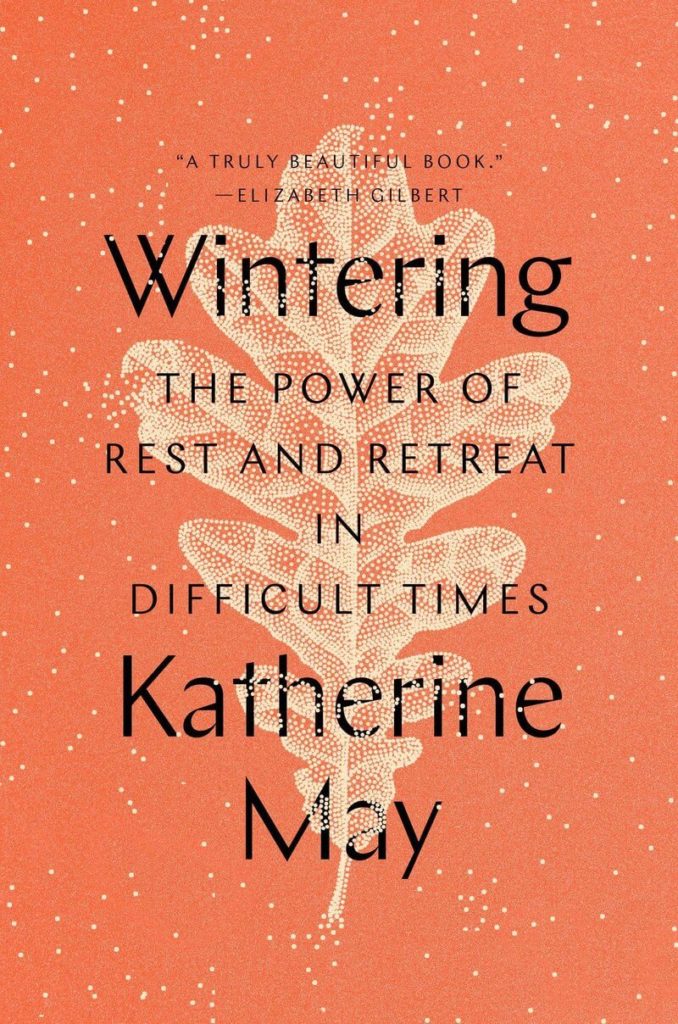Wintering is a popular book at the moment, and that’s understandable. It’s all about how we can weather our inevitable seasons of crisis.
Here in America, the crisis is ongoing: As if the appalling cruelty and corruption of the Trump administration were not enough, we are ten months into a pandemic that has disrupted the social bonds we would normally turn to for support. Lest we become too hopeful at the existence of long-awaited vaccines, their rollout and distribution is being mismanaged, and the promised federal stockpile of doses apparently does not exist. Meanwhile, a new variant of COVID-19 is 40-60% more contagious and may be more harmful to children. Finally, despite his decisive loss in November’s election, Trump has refused to concede and instead spent two months lying about fraud and sowing doubt among his supporters, until a violent mob stormed the U.S. Capitol, disrupting the final tallying of Joe Biden’s electoral college victory and ultimately killing five people. Now, on the day of Biden’s inauguration, the Capitol is locked down with thousands of national guard members.
That is a lot. We are exhausted. I am exhausted.
I don’t think Katherine May had exactly this situation in mind when she was writing Wintering. The crises she details are more personal — her spouse’s illness followed by her own. But then again, the active crises are not the focus of the book; It’s about the period after, when the storm has passed and we can begin to assess the damage, knowing that what we rebuild won’t look the same.
This is not really a book with many answers, but it is still instructive. The main lesson seems to be that resisting our times of winter is a fool’s errand. They are unavoidable. Instead, we should learn the signs, hunker down, and look after ourselves. That may seem obvious, but as May points out, our society is not very forgiving of interruptions to our productivity.
Which brings me to a point some others have made about the author: She is incredibly privileged to be able to quit her job to have an extended period of mental recuperation. For most working people, that is just not an option — we continue to work through our winters. That’s a blind-spot for the author, but it doesn’t negate the premise that these periods of wintering are good and necessary. Ideally we would have a safety net so recovering from personal crises would not be financially ruinous.
This wasn’t a life-changing book, but it did validate something I knew instinctively: Self-care is necessary, especially after a crisis. Ignoring the disease only makes the symptoms more acute.
